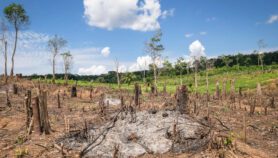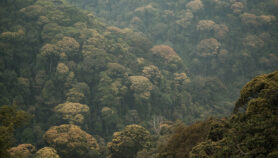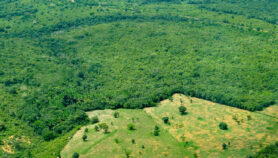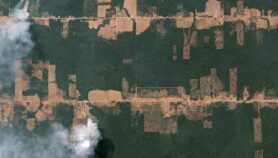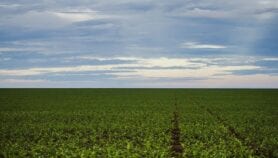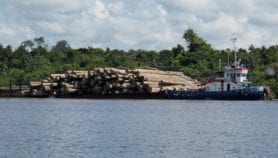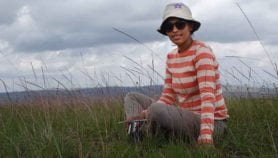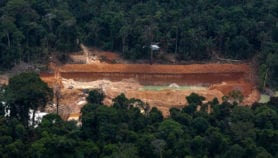By: Katie Mantell
Send to a friend
The details you provide on this page will not be used to send unsolicited email, and will not be sold to a 3rd party. See privacy policy.
The World Bank yesterday launched a US$100-million fund to help developing countries earn income from using farmland and forests to sequester or conserve carbon.
The fund aims to enable poor nations to benefit from the global ‘carbon market’ set up by the Kyoto Protocol on climate change. Under the Protocol, developed countries are encouraged to finance carbon projects in poorer countries in exchange for carbon emissions credits.
“The BioCarbon fund will make large parts of the developing world attractive for carbon investors,” says Daniel Murdiyarso from the Bogor Agricultural University in Indonesia and member of the BioCarbon Fund’s Technical Advisory Committee.
The Fund, which will be supported by both the public and the private sectors, will complement two other World Bank initiatives, the Prototype Carbon Fund and the Community Development Carbon Fund launched in September at the World Summit on Sustainable Development (see Community carbon fund to help poor countries).
As well as financing projects that are potentially eligible for credit under the Kyoto Protocol, including tree-planting schemes, the BioCarbon Fund will also assist projects that are not covered by the Protocol, such as restoring degraded forests.
© SciDev.Net 2002




